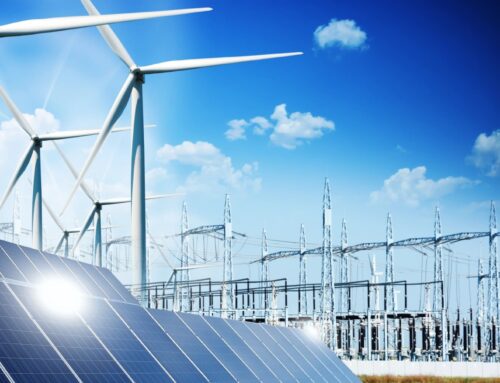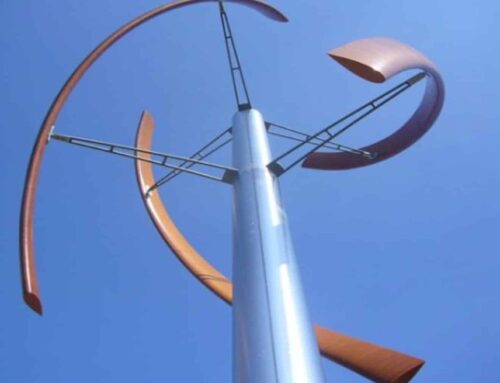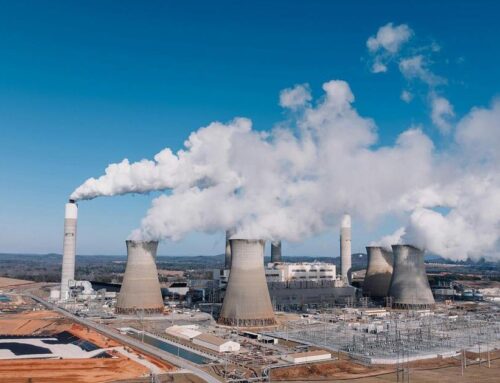UAE Pioneers Gigascale Renewable Energy Project
October 24, 2025
The United Arab Emirates has broken ground on a combined solar power and battery storage facility designed to deliver one gigawatt (GW) of continuous, round-the-clock baseload renewable energy. The project, described by developers as the largest and most technologically advanced of its kind, represents a capital investment exceeding $6 billion.
The facility is being developed by Abu Dhabi Future Energy Company PJSC – Masdar and Emirates Water and Electricity Company (EWEC). Once operational in 2027, the system aims to overcome the intermittency challenges traditionally associated with renewable energy sources like solar and wind, according to statements from the companies.
Project Scope and Technology
The new infrastructure will integrate a 5.2 GW solar photovoltaic (PV) plant with a 19 gigawatt-hours (GWh) battery energy storage system. Developers state the design incorporates advanced technologies, including Artificial Intelligence (AI)-enhanced forecasting and intelligent dispatch capabilities for predictive analytics and system optimization.
The groundbreaking ceremony was witnessed by Sheikh Theyab bin Mohamed bin Zayed Al Nahyan, Deputy Chairman of the Presidential Court for Development and Fallen Heroes’ Affairs, underscoring the government’s support for the initiative.
Set OilPrice.com as a preferred source in Google here.
According to the developers, the facility is projected to avoid approximately 5.7 million tonnes of carbon emissions annually while providing power at a globally competitive tariff.
Industry Context and Strategic Implications
This development is being framed within the context of the growing global demand for secure, clean, and reliable power sources, particularly to meet the energy needs of rapidly expanding technology sectors.
Ahmed Ali Alshamsi, Chief Executive Officer at Emirates Water and Electricity Company, highlighted the role of the project in supporting the burgeoning digital economy. “Abu Dhabi and the UAE are a global hub for artificial intelligence research, innovation, and adoption, and this project will ensure that the energy needs of this key sector are met sustainably, powering the next generation of economic growth,” Alshamsi said.
The integration of gigascale solar power generation with a large-capacity battery system is seen by Masdar as a potential “blueprint” for other nations seeking to meet clean energy objectives by ensuring consistent power supply from renewables. Masdar, which has existing battery storage investments in the United States, the United Kingdom, and elsewhere, is targeting an overall project portfolio capacity across clean energy technologies of 100 GW by 2030.
Executive Commentary and Economic Impact
Executives emphasized the strategic importance of the project in advancing renewable energy integration.
Dr. Sultan Al Jaber, Minister of Industry and Advanced Technology and Chairman of Masdar, called the project a step towards “redefining the role of renewable energy for the information age.” He noted that the breakthrough is the culmination of Masdar’s two decades of work in renewables.
Mohamed Jameel Al Ramahi, Chief Executive Officer at Masdar, echoed this sentiment, stating that the project is “the largest and most ambitious in Masdar’s history” and demonstrates that renewable energy can be dispatched continuously. “By overcoming the challenge of intermittency, we can provide sustainable power to meet fast-growing demand from advancements in artificial intelligence and other technologies,” Al Ramahi added.
Beyond energy production, the project’s development is expected to create more than 10,000 jobs and drive the establishment of new manufacturing and service facilities within the UAE. This aligns with the UAE’s broader national strategy to position AI as a cornerstone of its economic diversification efforts.
The successful commission of the facility in 2027 would mark a significant step toward demonstrating the commercial viability of large-scale, continuous baseload power from combined solar and storage technologies, potentially shifting conventional reliance on fossil fuels for grid stability. The effort underscores the country’s commitment to energy diversification and its role in the transition to non-intermittent renewable power.
By Michael Kern for Oilprice.com
More Top Reads From Oilprice.com:
- Japan’s New PM Pushes for Faster Nuclear Reactor Restarts
- Kazakhstan to Keep New Fuel Price Freeze Until Spring
- Oil Prices Soar on U.S. Sanctions Despite Weak Fundamentals
Search
RECENT PRESS RELEASES
Related Post



